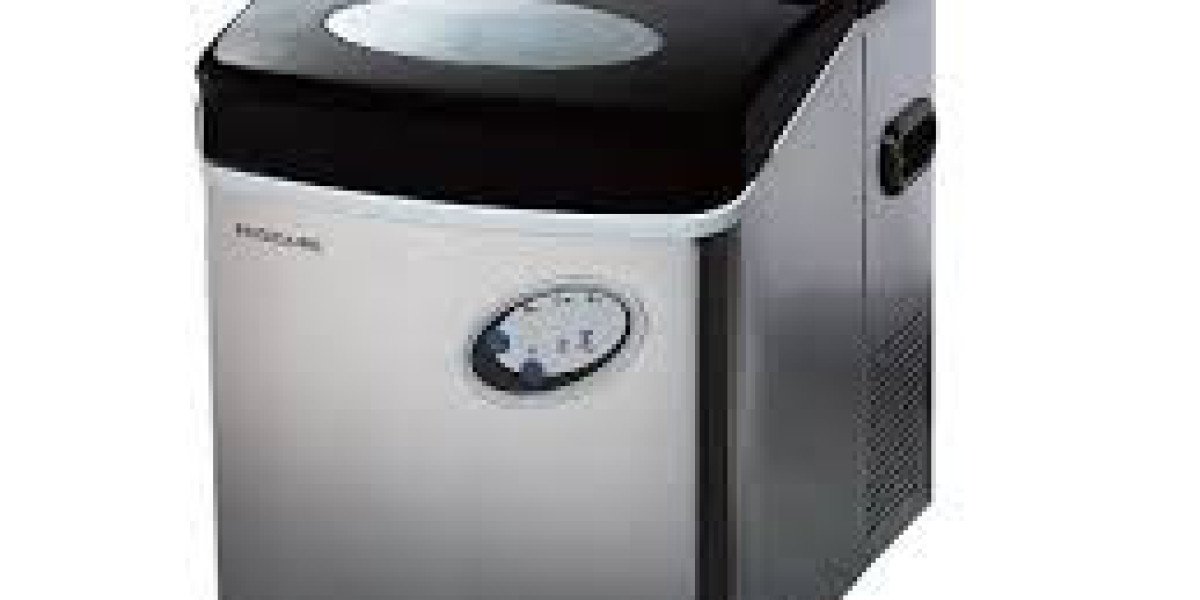Introduction
Ice Machine Commercial are pivotal in the hospitality and food service industries, ensuring a steady supply of ice for various applications. These robust machines cater to the demanding needs of restaurants, bars, hotels, and healthcare facilities, among others. This article explores the importance, types, technology, and maintenance of commercial ice machines, providing insights into why they are essential for business operations.
Importance of Commercial Ice Machines
Ice is a crucial element in the food service industry, not just for cooling drinks but also for food preservation and presentation. In healthcare, ice is used for patient care and in medical procedures. The need for a reliable and efficient ice supply makes commercial ice machines indispensable in these settings. Key benefits include:
1. **High Volume Production**: Commercial ice machines are designed to produce large quantities of ice, meeting the high demand in busy environments.
2. **Consistency and Quality**: They ensure a consistent supply of clean and well-formed ice, which is vital for customer satisfaction and safety.
3. **Versatility**: Various ice shapes and sizes can be produced, catering to different applications from cocktails to food displays.
Types of Commercial Ice Machines
Commercial ice machines vary in design and function to meet specific industry needs. The main types include:
1. **Modular Ice Machines**:
- **Usage**: Often used in large restaurants, hotels, and hospitals.
- **Features**: Designed to sit on top of ice bins or beverage dispensers.
- **Pros**: High production capacity, customizable setups.
- **Cons**: Require separate storage bins or dispensers.
2. **Undercounter Ice Machines**:
- **Usage**: Ideal for smaller spaces such as bars and cafes.
- **Features**: Compact design, built-in storage bin.
- **Pros**: Space-saving, convenient installation.
- **Cons**: Lower production capacity compared to modular units.
3. **Countertop Ice Makers and Dispensers**:
- **Usage**: Common in healthcare settings and offices.
- **Features**: Integrated ice maker and dispenser.
- **Pros**: Easy access, compact design.
- **Cons**: Limited to small to medium ice production.
4. **Combination Ice and Water Dispensers**:
- **Usage**: Suitable for cafeterias and break rooms.
- **Features**: Dispenses both ice and water.
- **Pros**: Dual functionality, space-efficient.
- **Cons**: Moderate ice production capacity.
Technology Behind Commercial Ice Machines
Commercial ice machines utilize advanced technology to ensure efficient and reliable ice production. Key components and processes include:
1. **Refrigeration System**: Uses refrigerants to cool the evaporator plate, where water is frozen into ice.
2. **Water Supply and Filtration**: Ensures a clean water supply, often incorporating filters to remove impurities.
3. **Ice Harvesting Mechanism**: Typically involves a heating element or hot gas to release ice from the evaporator plate.
4. **Control Systems**: Modern machines feature electronic controls and sensors to monitor ice production and machine status, ensuring optimal performance and energy efficiency.
Applications in Various Industries
Commercial ice machines find applications in several industries, each with specific requirements:
1. **Hospitality**:
- **Restaurants and Bars**: Essential for beverages, food preparation, and display.
- **Hotels and Resorts**: Provide guests with ice for personal use and support dining services.
2. **Healthcare**:
- **Hospitals and Clinics**: Used for patient care, medical procedures, and preserving specimens.
- **Nursing Homes**: Ensure resident comfort and care.
3. **Food Retail**:
- **Supermarkets**: Keep perishable goods fresh and presentable.
- **Seafood Markets**: Maintain optimal temperatures for seafood storage.
4. **Corporate and Educational Institutions**:
- **Offices and Schools**: Supply ice for cafeterias and break rooms, enhancing employee and student comfort.
Maintenance and Care
Proper maintenance is vital to ensure the longevity and efficiency of commercial ice machines. Key maintenance tasks include:
1. **Regular Cleaning**: Prevents build-up of mold, bacteria, and mineral deposits. Cleaning schedules depend on usage but typically involve monthly or quarterly deep cleaning.
2. **Filter Replacement**: Water filters should be replaced regularly to maintain water quality and prevent machine damage.
3. **Routine Inspections**: Regularly check for leaks, unusual noises, and ensure all components are functioning correctly.
4. **Professional Servicing**: Annual professional maintenance can help detect and resolve potential issues before they cause significant problems.
Conclusion
Commercial Ice Machine Commercial are a critical component in the food service, hospitality, and healthcare industries. Their ability to produce large quantities of high-quality ice efficiently supports a wide range of applications, from cooling beverages to preserving food and providing medical care. Understanding the different types, technologies, and maintenance requirements of these machines can help businesses choose the right equipment and ensure its optimal performance, thereby enhancing service quality and operational efficiency.








